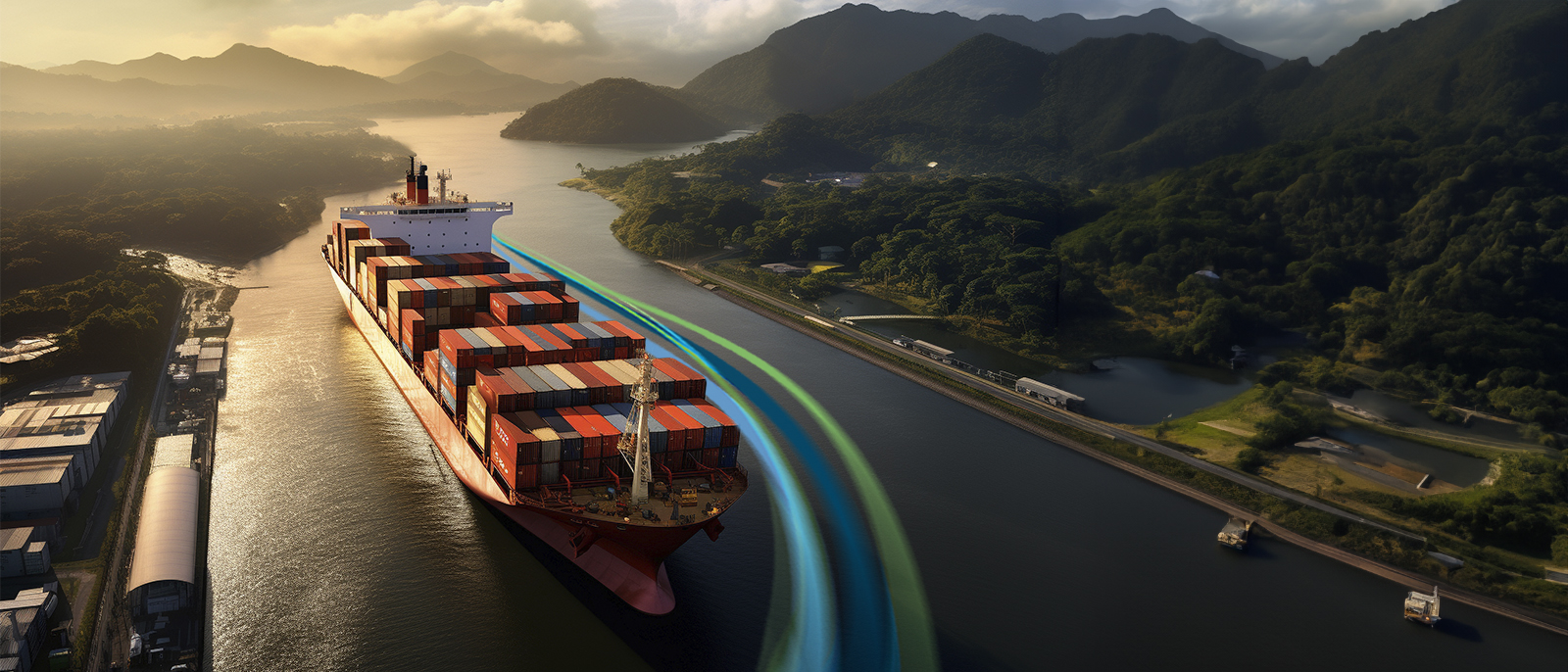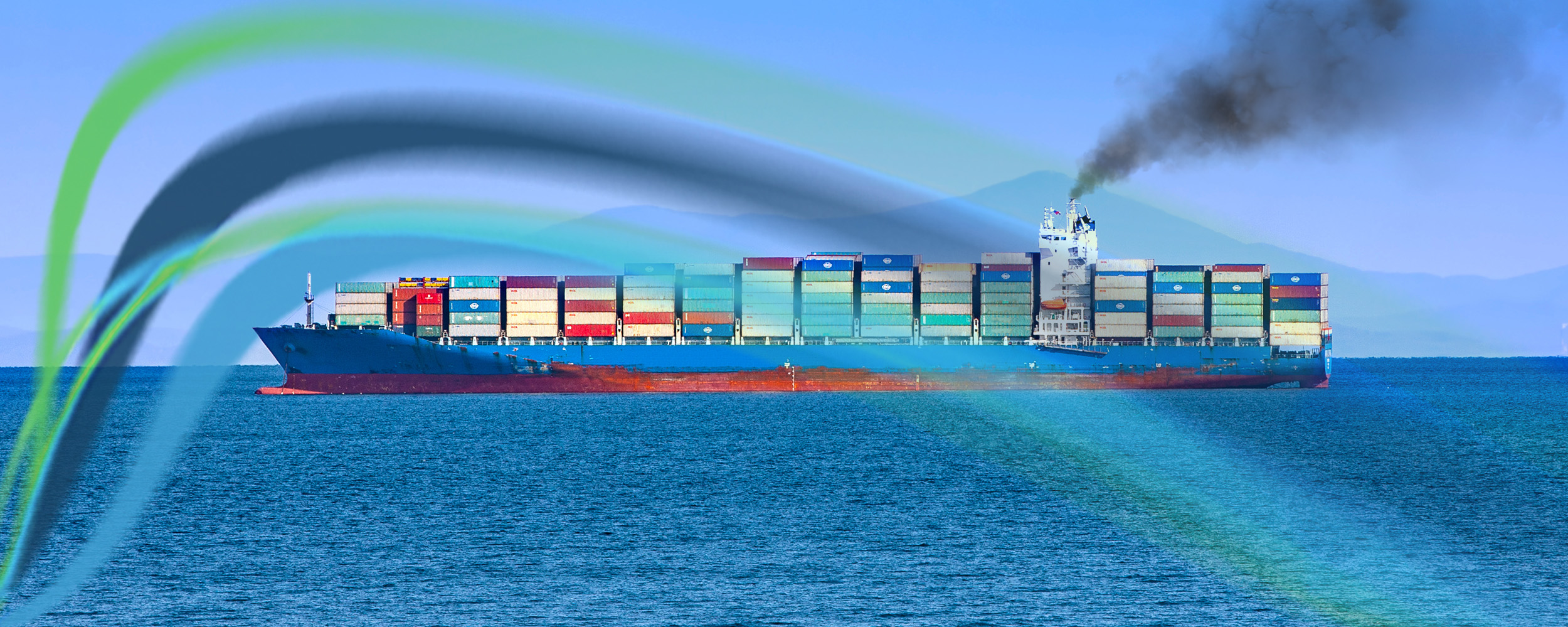
Selecting the right freight service is crucial for the success of your business, affecting everything from cost efficiency to customer satisfaction. Here are the essential steps and considerations to help you make an informed decision: Understand Your Shipping Needs Type of Goods: Determine the nature of your goods. Are they perishable, fragile, hazardous, or oversized?…






